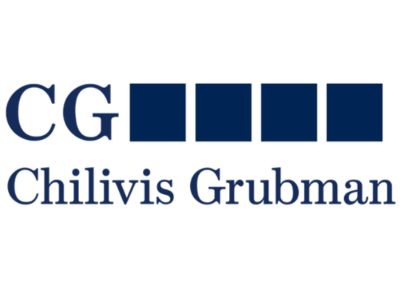In an apparent blatant act of trademark infringement, a clothing company has used Pennsylvania State University’s registered trademarks in the commercial sale of various merchandise. An upcoming trial will hinge on an ‘ornamental use’ defense: that is whether a registered trademark merely serves as an ornamental design and not a symbol that consumers perceive as an indicia of origin or source.
In Pennsylvania State Univ. v. Vintage Brand, LLC, 4:21-CV-01091, 2024 WL 456139 (M.D. Pa. Feb. 6, 2024), the court weighed dueling summary judgment arguments regarding an apparel maker’s use of Penn State’s registered trademarks on t-shirts, hats, and other goods. The case presents interesting questions about why consumers purchase college apparel and whether the ‘ornamental use’ defense might swallow trademark rights whole in certain situations.
Vintage Brand’s use of Penn State trademarks
Like many universities, plaintiff Penn State promotes its goods and services through a variety of registered trademarks, including older logos and university seals. Defendant Vintage Brand — which does not hold a trademark license in Penn State’s trademarks — created a “Penn State Nittany Lions” page on its website where customers could choose scanned Penn State marks and reproduce them on shirts, hats, and other goods. Id. at *2. Vintage Brand included a disclaimer on the webpage that reads: “Vintage designs not affiliated with, licensed, or sponsored by any college, team, or league.” Id.
It is undisputed that Penn State owns valid trademark registrations in the marks that Vintage Brand placed on its “Penn State Nittany Lions” line of products (the “Penn State Marks”). Id. at *3 n.40. Penn State filed suit against Vintage Brand for willful trademark infringement, counterfeiting, and related Section 43 claims. Vintage Brand asserted as an affirmative defense and counterclaim that it only uses the Penn State Marks “for ornamental purposes[.]” Id. at *7.
Ornamental use
A design that is solely or merely ornamental and does not also identify and distinguish the source cannot be a trademark. McCarthy on Trademarks and Unfair Competition, § 7:24 (“McCarthy”): “If customers perceive a design solely and only as attractive ornamentation, then the design is not a trademark.” Id.
In moving for summary judgment on its ornamentality affirmative defense and counterclaim, Vintage Brand presented evidence that consumers “express affinity or affiliation with Penn State…by wearing clothing decorated with Penn State’s logos[,]” and not as a source indicator. Vintage Brand, 2024 WL 456139, at *42.
Vintage Brand can assert an ‘ornamental use’ defense at trial
While the court agreed with Vintage Brand that the Penn State Marks appear to fall in the ornamental category, it determined that Penn State produced enough evidence demonstrating that its marks also indicate a secondary source, including a survey in which between 16% and 20% of respondents identified Penn State as the sponsor of the Vintage Brand products. Id. at *24. Therefore, the court denied Vintage Brand’s motion for summary judgment based on ornamentality.
However, the court also denied Penn State’s competing motion, finding that Vintage Brand’s expert survey evidence may demonstrate that consumers are not confused about the origins of Vintage Brand’s merchandise, given that the products contain a Vintage Brand tag. The competing arguments present a noteworthy distinction: do consumers purchase apparel containing college logos because they believe it is endorsed or approved by the school? Or do they buy apparel with the school’s marks simply because they want to show support for the school? Should the difference even matter? The court has determined that a jury should provide the answer.
So far, Vintage Brand has successfully argued that its admitted, unlicensed use of Penn State’s registered trademarks may constitute a defensible ornamental use. If Vintage Brand succeeds at trial, it may open the possibility that other businesses will also blatantly use university and pro sports team trademarks in an ‘ornamental’ matter, arguing that consumers care about the association with the school or team and not the true source of such goods. In my view, this would turn trademark law on its head and allow such businesses to trade on the goodwill of colleges, pro teams, and the registered marks that they have long held and cultivated.

Written by Sanjay Karnik
Intellectual Property and Complex Litigation Counsel, Chilivis Grubman LLP
You may also like…
INTA files statement in intervention in EU case on the inherent distinctiveness of color combination trademarks
New York, New York—July 24, 2024—The International Trademark Association (INTA) has filed a Statement in...
Bytedance stumbles in Singapore: IPOS rejects TIKI trademark challenge
The social media giant Bytedance, owner of the ubiquitous TikTok platform, recently suffered a setback in Singapore....
TOUR DE FRANCE fails in the third stage against German fitness studio chain
At the end of June, the 111th edition of the Tour de France kicked off. June also saw the end of a dispute between...
Contact us to write for out Newsletter














